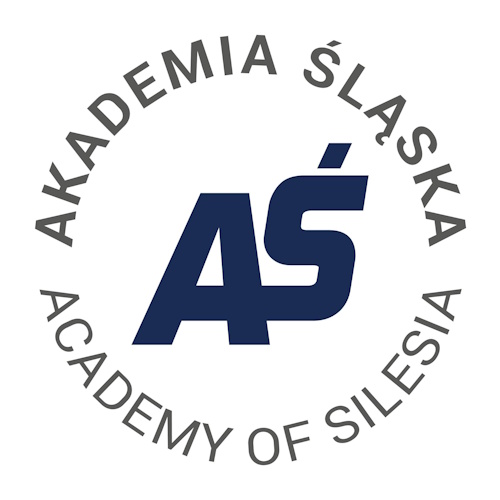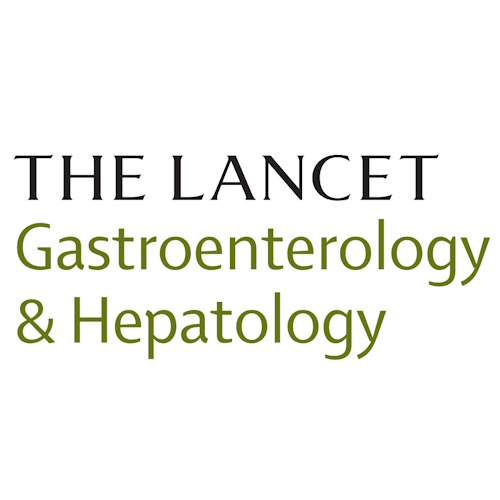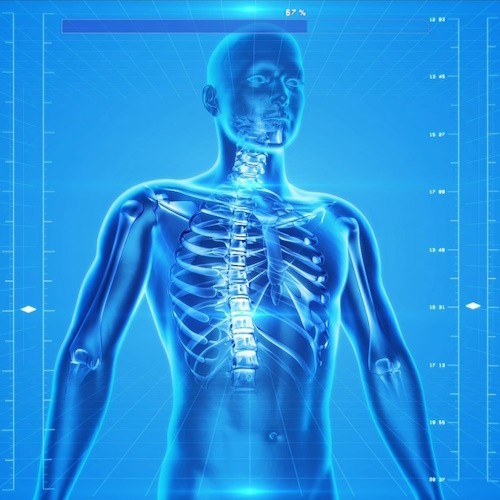Key points from article :
A new study published in The Lancet Gastroenterology & Hepatology suggests that routine use of artificial intelligence (AI) to assist colonoscopies may unintentionally reduce the diagnostic skills of experienced endoscopists. Colonoscopy is a vital procedure used to detect and remove precancerous growths, known as adenomas, which helps prevent bowel cancer. While AI tools have been shown to improve adenoma detection rates, concerns are growing that reliance on them could lead to “deskilling” among health professionals.
The research, led by Dr. Marcin Romańczyk of the Academy of Silesia in Poland, analyzed over 1,400 colonoscopies across four centers between September 2021 and March 2022. The study found that the adenoma detection rate during colonoscopies performed without AI dropped significantly—from 28.4% before AI was introduced to 22.4% afterward. In contrast, AI-assisted procedures had a detection rate of 25.3%. These findings raise the possibility that continuous exposure to AI may be eroding clinicians’ ability to perform the task independently.
Professor Yuichi Mori from the University of Oslo, a co-author, noted that these results also call into question previous trials that found higher adenoma detection with AI assistance. He suggested that the non-AI arms of those studies may already have been influenced by clinicians’ reliance on AI. The researchers emphasized the urgent need for more studies to understand how AI affects medical skills across different fields and to develop strategies to balance its benefits with preserving clinicians’ expertise.
In a commentary, Dr. Omer Ahmad of University College London, who was not involved in the study, described the findings as “tempering” the enthusiasm for rapid AI adoption. While AI continues to hold promise in improving patient outcomes, he warned that healthcare must be careful to avoid the “quiet erosion” of essential clinical skills that underpin high-quality care.







